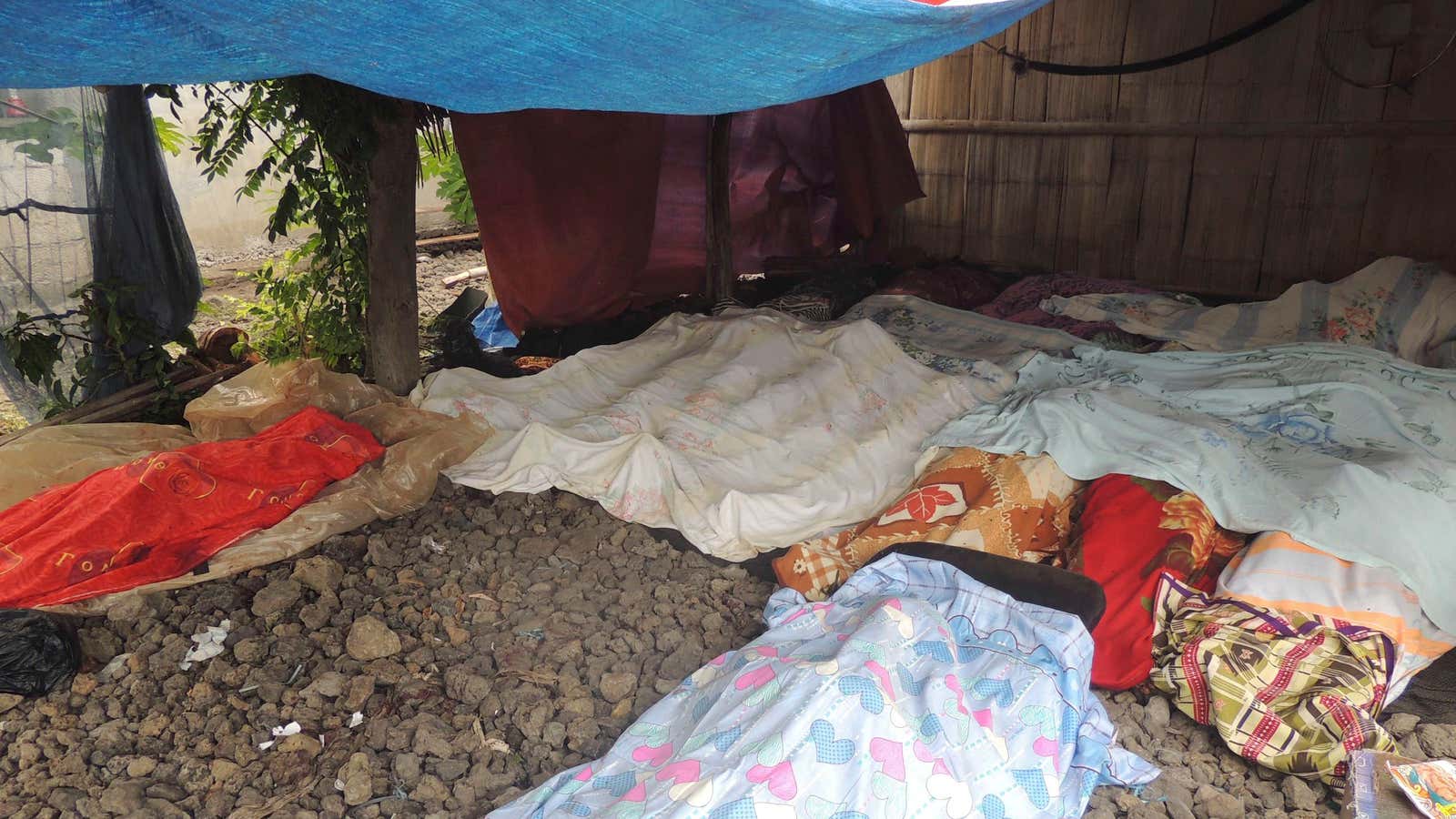It’s been a week from hell.
In 15 years of covering conflict around the world, I can’t recall another seven-day period when there were as many acts of war and terrorism, in as many places, as we’ve seen this week.
The mayhem in Gaza may be hogging the headlines, and that won’t change with the announcement of a 72-hour ceasefire, but other tales of violent conflict have pushed their way into the front pages, for instance the continued depredations of ISIS in Iraq and the internecine fighting in Libya. If you can look past that terrible trifecta, there’s the war in eastern Ukraine, where the government in Kiev has launched a new offensive against Russia’s proxy militias. In truth, that conflict may have faded from view if it wasn’t for the downing of MH17 by the rebels.
But you’d have to be paying especially close attention to notice the ghastly attacks in a number of other countries—China, the Philippines, Cameroon, Syria and Afghanistan. (Meanwhile, a different kind of abomination is unfolding in Liberia, Guinea and Sierra Leone, where the ebola virus is proving as lethal as any Kalashnikov-carrying militant.)
Here’s a quick tour of the horrors that largely stayed out of the headlines:
- In China, an attack in the restive Xinjiang province led to dozens of deaths, state news agencies said. Reports said the attackers were armed with knives and axes. Suspicion immediately fell on Uyghur groups behind other such attacks in recent months. Once swept under the carpet by Chinese authorities keen to promote the myth of ethnic harmony between the native Uyghurs and Han immigrants, such attacks have become too frequent and deadly to conceal.
- In the Philippines, the terrorist group Abu Sayyaf killed 23 people, six of them children, in an attack on a group of travelers trying to visit relatives during Ramadan.
- In Afghanistan, where there’s still no clear resolution to the question of who will be the next president, the incumbent’s politically influential cousin was killed by a suicide bomber who detonated explosives in his turban. Hashmat Khalil Karzai was close to one of the two men claiming to have won the recent presidential election—a recount brokered by US Secretary of State John Kerry is under way.
- Cameroon came under fresh attack from Boko Haram, the Islamist group that operates mainly in neighboring Nigeria. Over 200 attackers crossed the border into the town of Kolofata, kidnapped the wife of Cameroon’s vice prime minister, among others, and killed at least three people. It was the third cross-border attack in four days. Cameroon, along with Chad and Niger, recently agreed to help Nigeria create a special military force to take on Boko Haram. The Nigeria-Cameroon border is thought to be where the terrorist group is hiding many of the girls it kidnapped from a school in mid-April, setting of an international outcry.
- Finally, in Syria (remember Syria?), Human Rights Watch said the Assad regime was ignoring a UN Security Council resolution banning the use of “barrel bombs” on civilians. The bombs, jerry-rigged from oil drums and gas cylinders, are filled with shrapnel and explosives, and typically dropped from helicopters. The shrapnel causes exponentially higher casualties.
If there was any silver lining this week, it came from the Central African Republic, where a ceasefire put the brakes on an 18-month-long civil war that has claimed thousands of lives. It’s too early to proclaim the end of hostilities, but at least the truce between Christian and Muslim militias seemed to be holding. This week of all weeks, that is reason to celebrate.
